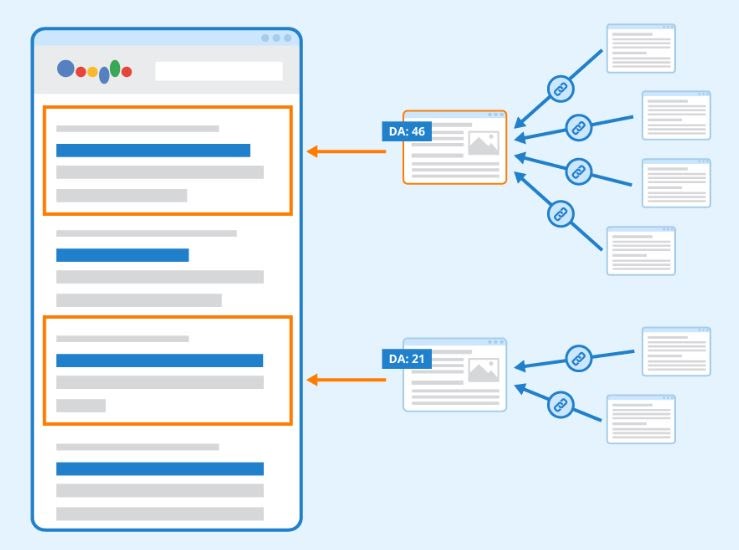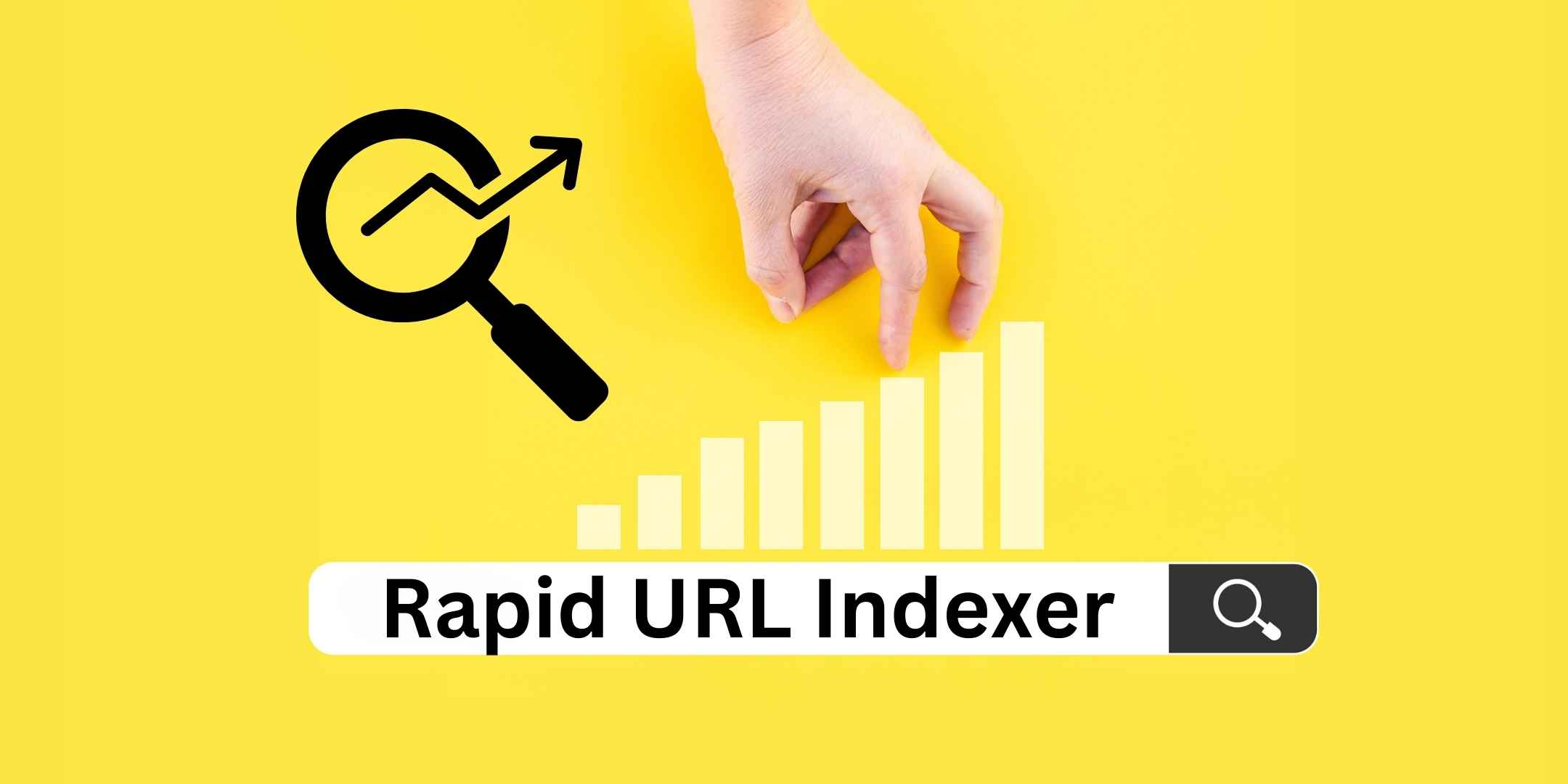In the world of search engine optimization (SEO), timely and effective indexing of website content is crucial. If your content is not indexed, it won't appear in search engine results, effectively rendering it invisible to potential visitors. To solve this challenge, many SEO professionals turn to specialized tools, and one such tool is the Rapid URL Indexer. This article explores what a rapid URL indexer is, how it works, and why it’s an essential part of modern SEO strategies.
What is a Rapid URL Indexer?
A rapid URL indexer is a tool or service designed to expedite the process of getting URLs indexed by search engines, primarily Google. In simpler terms, when you publish a new webpage or update an existing one, it can take time for search engine crawlers to discover and index the page. Rapid indexers help speed up this process by signaling to search engines that the content is ready for crawling and inclusion in search results.How Does a Rapid URL Indexer Work?
The fundamental function of any indexer is to inform search engines of the existence of a webpage. This is typically done in several ways:- Ping Search Engines: Indexers notify search engines like Google, Bing, or Yahoo via direct requests or "pings," urging them to crawl and index the newly added or updated URL.
- Backlink Generation: Some indexers create backlinks from various low-quality or niche websites. These backlinks act as signals to search engines, suggesting that a page is worthy of being crawled. Although this method works, it can sometimes be risky if the backlinks come from dubious sources, leading to penalties.
- Sitemap Submission: Many indexers generate or submit sitemaps that list the URLs of your website, making it easier for search engines to discover all pages without relying solely on external links.
- Social Signal Creation: Some tools share your URL across social media platforms, generating "social signals" that indicate to search engines that a page is being actively discussed or shared online.
Benefits of Using a Rapid URL Indexer
- Faster Indexing: The primary benefit of using a rapid indexer is the significant reduction in the time it takes for your URL to appear in search engine results pages (SERPs). Instead of waiting for days or even weeks, an indexer can get your content listed in a matter of hours or days.
- Improved SEO: By ensuring that your pages are indexed faster, you can potentially improve your website's SEO. Search engines reward websites that regularly update their content and make it accessible. Faster indexing can lead to quicker ranking improvements.
- Higher Traffic Potential: The quicker your page gets indexed, the sooner it can start attracting organic traffic. Especially in competitive niches, early indexing gives you a significant advantage over competitors who might take longer to appear in search results.
- Content Freshness: For websites that rely on time-sensitive content, such as news outlets, blogs, or e-commerce stores with dynamic product listings, using a rapid indexer ensures that your latest updates are visible as soon as possible.
Risks and Considerations
While rapid URL indexers can be highly effective, there are some risks associated with their use:- Quality Control: Not all indexers are created equal. Some may use questionable tactics, such as generating low-quality backlinks from spammy websites. This can lead to penalties from search engines like Google, which may hurt your SEO instead of improving it.
- Over-Indexing: Pushing too many URLs for indexing in a short period can overwhelm search engine crawlers, leading to issues where only part of your content gets indexed, or worse, your site gets flagged for unnatural behavior.
- Short-Term Gains: While rapid indexing helps with faster discovery, it doesn’t guarantee long-term rankings. The content itself must be high-quality, relevant, and optimized for search engines to maintain a good position in SERPs.
When Should You Use a Rapid URL Indexer?
Rapid URL indexers are most useful in the following scenarios:- New Website Launch: When launching a new website, getting your pages indexed quickly is crucial to establishing an online presence.
- Content Updates: If you’ve made significant changes to a webpage, such as updating product information or revising a blog post, using an indexer ensures the new content gets indexed faster.
- Seasonal or Time-Sensitive Content: For content with a short shelf-life, such as holiday promotions or news stories, rapid indexing ensures your audience sees the content while it’s still relevant.
- Competition: In highly competitive industries, gaining even a small time advantage by being indexed earlier than competitors can translate into a significant boost in traffic and sales.
Popular Rapid URL Indexers
There are several tools available on the market to help with rapid URL indexing. Some of the most commonly used services include:- Google Search Console: Although not a third-party indexer, Google Search Console is a free tool provided by Google that allows you to submit URLs directly for indexing. It’s one of the safest and most effective ways to ensure your content is indexed quickly.
- IndexNow: A relatively new protocol supported by Bing and Yandex, allowing websites to ping search engines directly when content changes.
- Instant Link Indexer: A popular third-party tool designed specifically for speeding up the indexing process, often used by SEO professionals for multiple sites.
- Linklicious: Another indexing service known for generating backlinks to help search engines discover new URLs faster.


